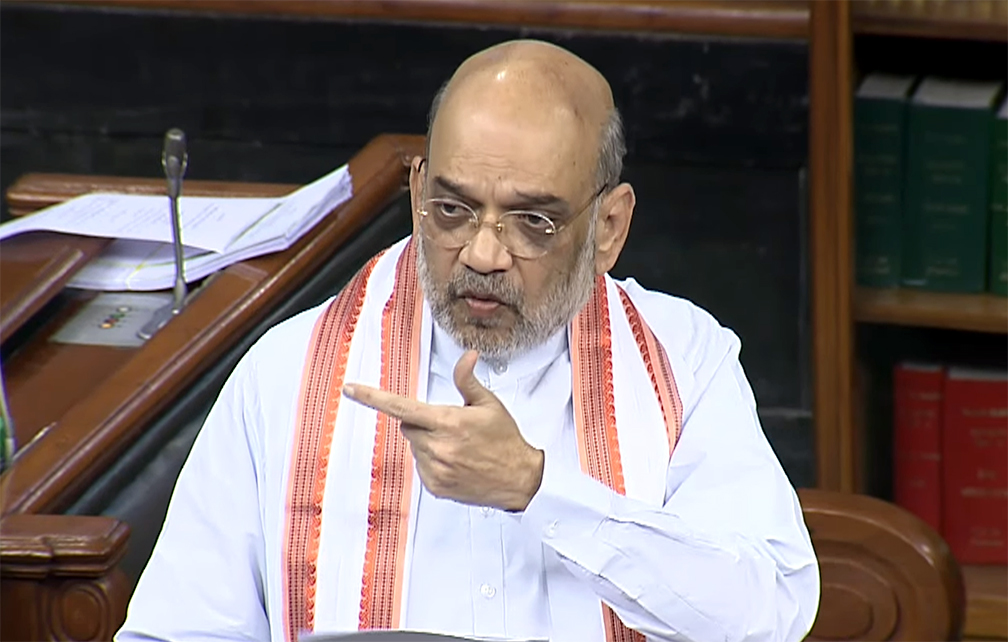


Union Home Minister Amit Shah introduced bills on Friday to replace the British-era laws including Indian Penal Code (IPC), the Code of Criminal Procedure (CrPC), and the Indian Evidence Act (IEA), as well as to provide for capital punishment for mob lynching, sexual assaults on minors, and gang rape, as well as the repeal of the sedition offence.
Shah stated that the Bharatiya Nyaya Sanhita Bill, Bharatiya Nagarik Suraksha Sanhita Bill, and Bharatiya Sakshya Bill will be referred to a parliamentary committee for review.
Section 150 of the Bharatiya Sanhita Suraksha Bill appears to take into account the Law Commission of India’s June recommendation to increase the alternative sentence for sedition from three to seven years.
The group suggested keeping the 153-year-old colonial legislation against sedition. It emphasized that “repealing the legal provision can have serious negative ramifications for the country’s security and integrity.”
The commission advocated modifying IPC Section 124A (sedition law) “to achieve greater clarity in the interpretation, understanding, and application of the provision.”
According to the commission, the sedition statute, which has a maximum penalty of life imprisonment or three years in jail, should be changed to increase the alternative sentence to seven years. It advocated for providing courts more leeway in determining penalty for sedition based on the scale and intensity of the act.
In an interim ruling issued in May 2022, the Supreme Court halted the implementation of Section 124A, a non-bailable offense, citing its colonial origins as out of step with the contemporary context. Activists and judges have claimed that it is frequently used to silence dissent.
Bharatiya Nyaya Sanhita (Bharat Nyaya Sanhita) Section 44 of the Bill grants the right to private defense against lethal assault, such as in the case of a mob attack. According to Section 31 of the law, it is not an offense if a communication made in good faith causes any injury to the individual.